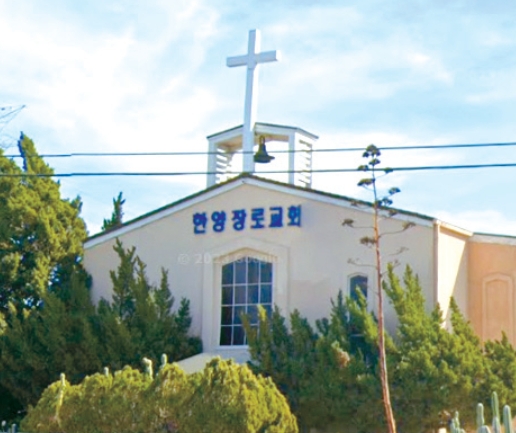The Presbyterian Church in the United States (PCUSA) has been criticized for closing a 46-year-old Korean American church and selling the building without following due process, citing the dwindling number of members as the reason.
Korean-American church officials have stated this acts as a direct or indirect example of how the PCUSA treats minority communities, including Korean immigrant churches.
Hanyang Presbyterian Church, founded in 1978, was once a significant presence in the San Fernando Valley with about 500 members.
“Although it is a non-denominational church, I feel sad that the presbytery did not consider the Korean-American church members at all,” said Rev. Jung Myung Song, co-leader of the Miju Holy City Movement. “Especially the elderly members of the church have suffered so far, and now the Korean-American community should come together and speak out so that the church can be re-established.”
Members of Hanyang Presbyterian Church repeatedly appealed to the denomination’s local presbytery, synod, and General Assembly, arguing that the church should follow due process in accordance with denominational regulations when closing a church, but their appeals were rejected.

The case has sparked criticism even within the PCUSA.
“In a nutshell, the PCUSA has ignored the Korean-American church,” said Rev. Keedae Kim (Church of Peace), a PCUSA pastor. The General Assembly’s decision sends a very strong message that the local presbyteries and synods have not fulfilled their responsibilities.”
Indeed, the ruling released by the General Assembly Permanent Judicial Commission on April 7 detailed how presbytery officials dismissed appeals from Korean-American church members and forced the closure.
The ruling explained that presbytery officials dismissed the church’s appeals and proceeded with the closure. This included telling church members that the legal process was lengthy and complex in response to their questions, advising them to consult the denomination’s rulebook online, and refusing translators contact information for presbytery officials, stating they were “not eligible” to provide it. Furthermore, officials sold the church building despite pleas to reopen it, denied multiple written appeals for relief, and did not maintain records of any hearings.
“The presbytery didn’t even care or try to find another church for the five people who were left behind when they closed the church,” said Seung-cheol Koo, who helped the church members by translating for them. “They just closed the church, ignored the procedures, and sold the building and pocketed the proceeds, leaving behind only elderly church members who couldn’t speak English.”
In its ruling, the General Assembly called the presbytery’s and synod’s actions “dismissive of the Appellants and their concerns,” and stated, “This Commission finds that the record in this case is replete with irregularities, manifest prejudice, and injustice.”
“I’m not in a position to comment,” Paul Chun, one of the presbytery’s attorneys, said in a phone call with the Korea Daily on April 12. “I also don’t know how the presbytery plans to spend the money from the sale of the church.”
Meanwhile, five church members are currently awaiting a trial by the General Assembly over the sale of the church building. A date has not yet been set. The church members are all in their 70s, 80s, and older. They have been battling the denomination for the past two years over what they say is an injustice of not consulting them during the closure process.
BY YEOL JANG, JUNHAN PARK [jang.yeol@koreadaily.com]




